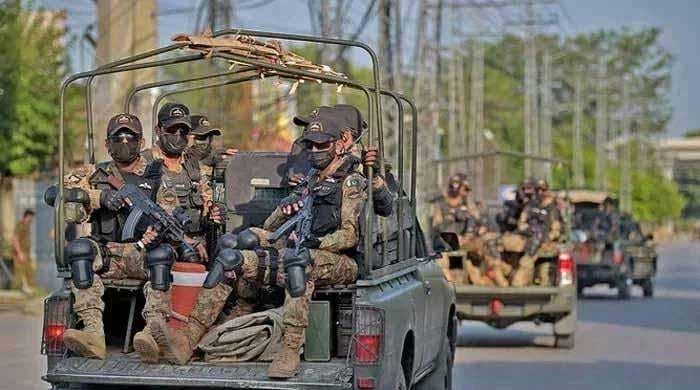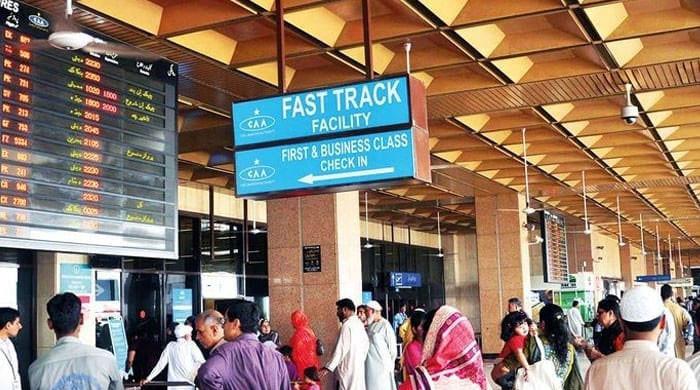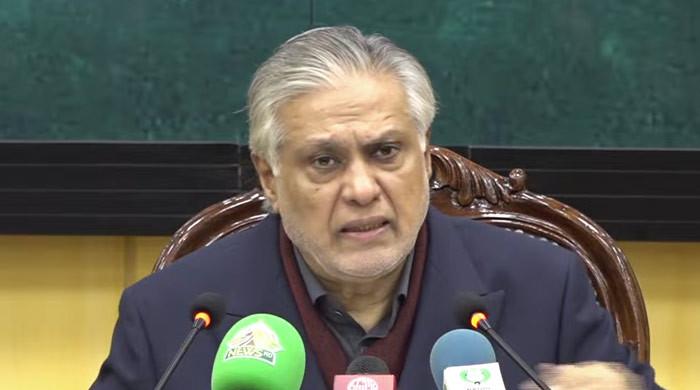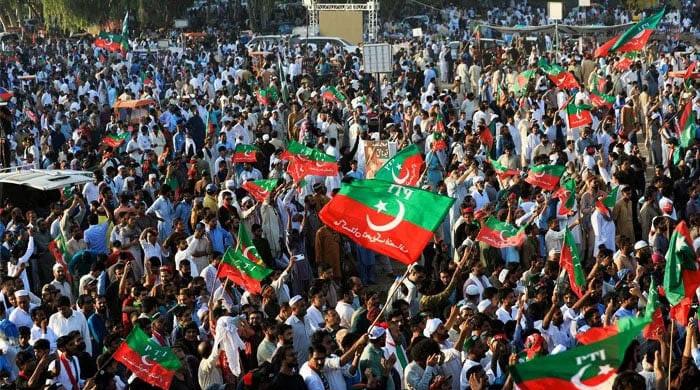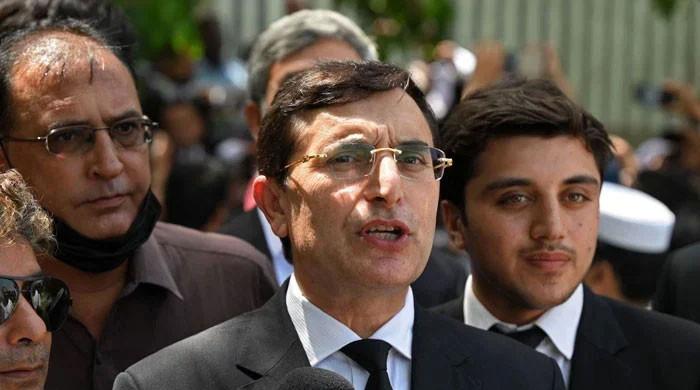Karachi’s marginalised Rohingyas voice concerns over Myanmar violence
For the inhabitants of Karachi’s Arakanabad neighbourhood, the plight of Rohingya Muslims is the central issue nowadays because their relatives are being persecuted by Myanmar’s...
September 05, 2017
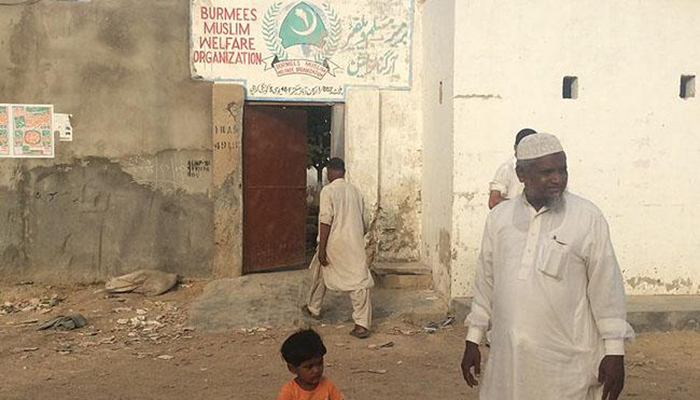
For the inhabitants of Karachi’s Arakanabad neighbourhood, the plight of Rohingya Muslims is the central issue nowadays because their relatives are being persecuted by Myanmar’s government, military and Buddhist nationalists.
The population of Arakanabad, named after the Arakan (now Rakhine) province of Myanmar where Rohingyas have lived for hundreds of years, is between 15,000 and 20,000. Ninety per cent of them are Rohingyas who have fled persecution in Myanmar over the past four decades.are Rohingyas who have fled persecution in Myanmar over the past four decades.
Seventy-year-old Abdul Rehman is one of them. “Twenty, 30 years ago it was easy to escape the Myanmar state’s persecution by migrating to Pakistan,” Rehman, who is a fisherman, told The News. “But the situation has become quite worse now, and even the Bangladeshi government is not helping them.”
Since the recent wave of violence that erupted on August 25, according to media reports, around 30,000 Rohingya refugees are trapped on the border with Bangladesh without food and medicine amid an operation led by the Myanmar military, which has already killed hundreds.
Citing the UN Refugee Agency, some reports suggest that more than 87,000 refugees, most of them women, children and the elderly, have crossed into Bangladesh in the past 10 days. “I had not seen such a brutal state of Myanmar in my time. If you are a Rohingya now, you are not even considered a human,” said Rehman.
The elders of the Rohingya community living in Arakanabad and other Karachi neighbourhoods, particularly 100 Quarters, Burmi Colony, Machhar Colony, Moosa Colony and Ali Akbar Shah Goth, have sprung into action to provide relief to the refugees that have entered Bangladesh.Burmi Colony, Machhar Colony, Moosa Colony and Ali Akbar Shah Goth, have sprung into action to provide relief to the refugees that have entered Bangladesh.
A leader of the Karachi-based Rohingya Solidarity Organisation, Noor Hussain Arkani, told The News that with the support of affluent individuals and charities, meat from 35 cows was arranged and sent to the refugees in Bangladesh. “The community has also been collecting donations to support the refugees.”
The community is also preparing for a protest demonstration to condemn the “genocide” of Rohingyas by Myanmar’s military. Back in June 2015 they had organised a massive rally to show solidarity with the Rohingya community.
Arkani said he had been meeting with leaders of various mainstream political parties and religious groups of the city to invite them to attend the rally. The Milli Muslim League, a political party recently formed by the Jamaatud Dawa, will stage a protest rally outside the Karachi Press Club on Tuesday.
On Monday a series of demonstrations against the atrocities in Myanmar were organised across the metropolis by a group of individuals, including university students associated with youth forums.
According to an announcement, the group held peaceful demonstrations at the Gulistan-e-Jauhar, Char Minar Chowrangi and Numaish roundabouts, Clifton’s Teen Talwar and the shrine of Abdullah Shah Ghazi.
Pakistan’s Ministry of Foreign Affairs has raised serious concerns over news of the escalating number of deaths and forced displacement of Rohingya Muslims, urging the Myanmar authorities to investigate the massacre reports, hold those involved accountable and take necessary measures to protect the community’s rights.
However, Pakistan’s own Rohingyas are arguably the most marginalised community, as they are barely surviving in Karachi and are denied the basic rights of citizenship, because of which they are regularly harassed by the law enforcement agencies (LEAs).
According to the estimate of the defunct National Alien Registration Authority, half a million Burmese reside in the city. The estimate is an “educated guess” of senior bureaucrats, as illegal immigrants are not counted in the national census, and the last population count was conducted in 1998.
The refugees had first fled to Bangladesh, where they were not welcome, following which they migrated to Karachi in two main waves: the first in the late 1970s and the early 1980s, and the second in the early 1990s.
The first wave was accepted by Gen Ziaul Haq’s regime. In the early years of their migration, they felt comparatively comfortable and welcome in Pakistan.
Their large-scale migration had made Karachi one of the largest Rohingya population centres outside Myanmar, but the situation later started turning against them. Denial of national ID cards is the biggest problem the community faces.
“Even being third-generation who was born in Karachi, the National Database & Registration Authority does not issue us with identity cards, making the community vulnerable to harassment by the LEAs,” said Arkani.
Community leaders also complained that their neighbourhoods across the metropolis were deprived of basic civic facilities, such as potable water and proper sewerage system, forcing the community members to survive in filthy conditions.
Originally published in The News




